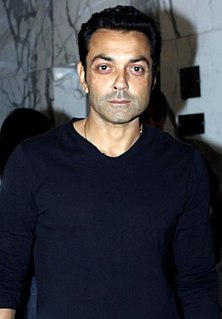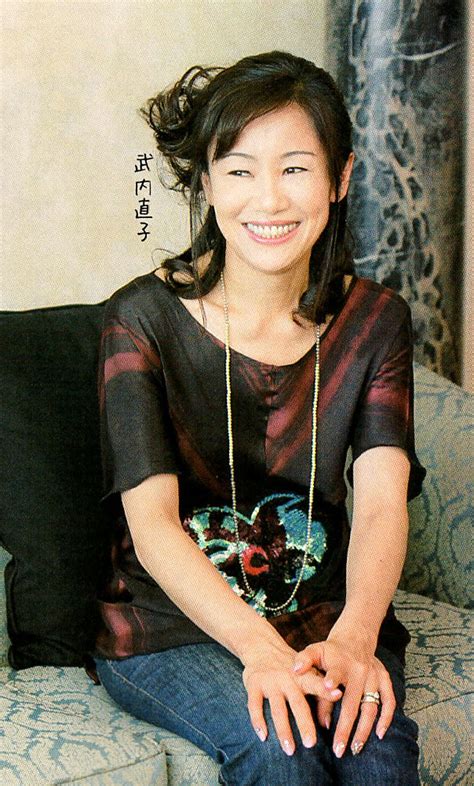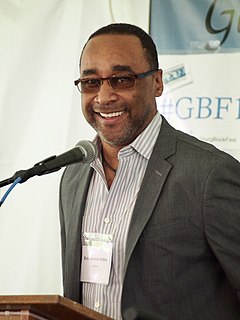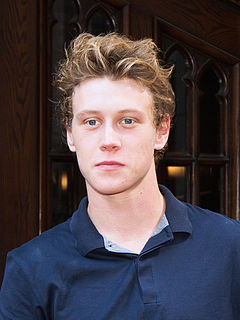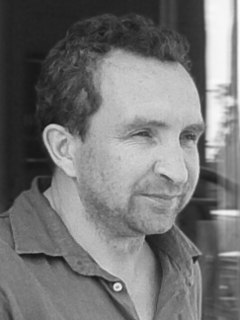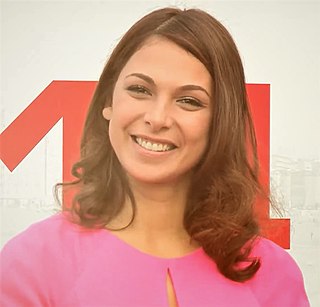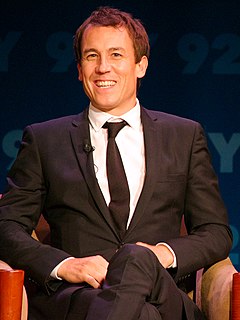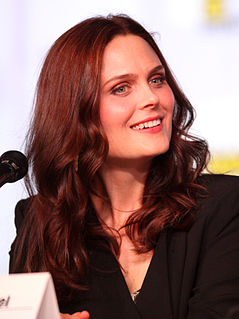A Quote by James Randi
The only difference is that religion is much better organized and has been around much longer, but it's the same story with different characters and different costumes.
Related Quotes
Many writers write across difference of one kind or another. Sometimes the difference is large and recognizable: gender, or race, or religion, or sexuality. And sometimes the differences are smaller. ... Where authors get into trouble is in trying to make those different characters stand in for whole groups of people, or for creating characters only to fetishize or explore their supposed otherness. Your character can be wildly different from you, as long as he's written with respect and, moreover, specificity.
Everybody has similar values. You travel around the world and everybody is different, but everybody is also the same in those ways. There's so much difference but there's so much similarity. Nobody wants to be harmed, or have their children, or their mates, or their relatives, or their families harmed, exploited, bombed, starved, dislocated, or become homeless refugees. So we're all similar in that way and spiritual life and religion is supposed to be part of the solution not part of the problem.
The people of the world, all of them, whether it is the different race or the different language or the different lifestyle, tend to only think about what we cannot share. But our brains are all the same. We are the same people. With everyone’s strength, we can all share the same feelings. That much is obvious. But it won’t come easily.
I like complex characters. I've been very, very lucky to portray, in these past three years, characters that are strong and fragile at the same time. It's those characters that I'm looking for. In the last year and half I played three different religions, and that allowed me to educate myself so much.
The type of acting that I'm interested in, that I aspire to, is where I try and drag a lot of myself into whatever character it is. They can be very different types of characters, but at the heart of it, I always wanted to be a very, very believable and rooted in reality. One of the ways of doing that is to root it as much as you can in your own experiences and then tint those with different hues, different colors to give the different characters their way.
So, it's a delicate thing, but at the same time our producers and writers are very much aware of the potential downfall that could ensue so I think they're going to be very careful about how they do that. At the same time I don't think they want to leave the characters in the same holding pattern that they've been in for a while. I think that they're all trying to put the characters in a different situation.
What serialized cable dramas have given us is the opportunity to not simply tell the same story with slightly different words and different costumes, every week. people are really mining the ability of storytellers to tell a long form story that goes from A to Z, and to trust that an audience will follow that. If they miss it, over the course of the week, they can watch it online or buy the DVD. There are so many different ways of interacting with it. Storytelling in television is getting more complex and more nuanced.



